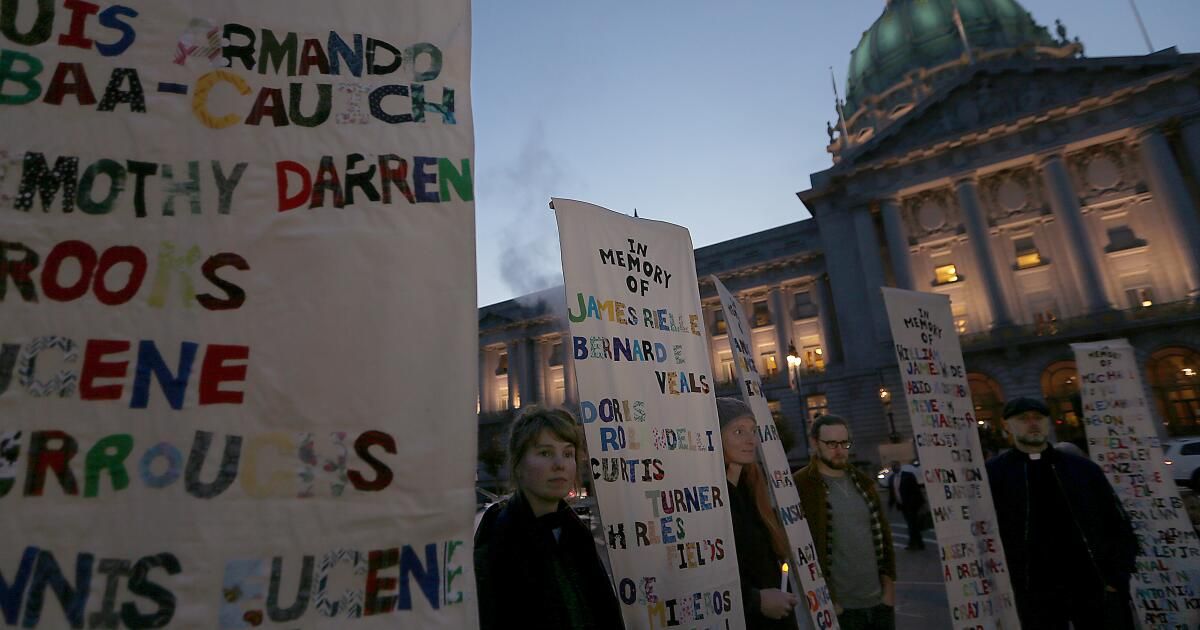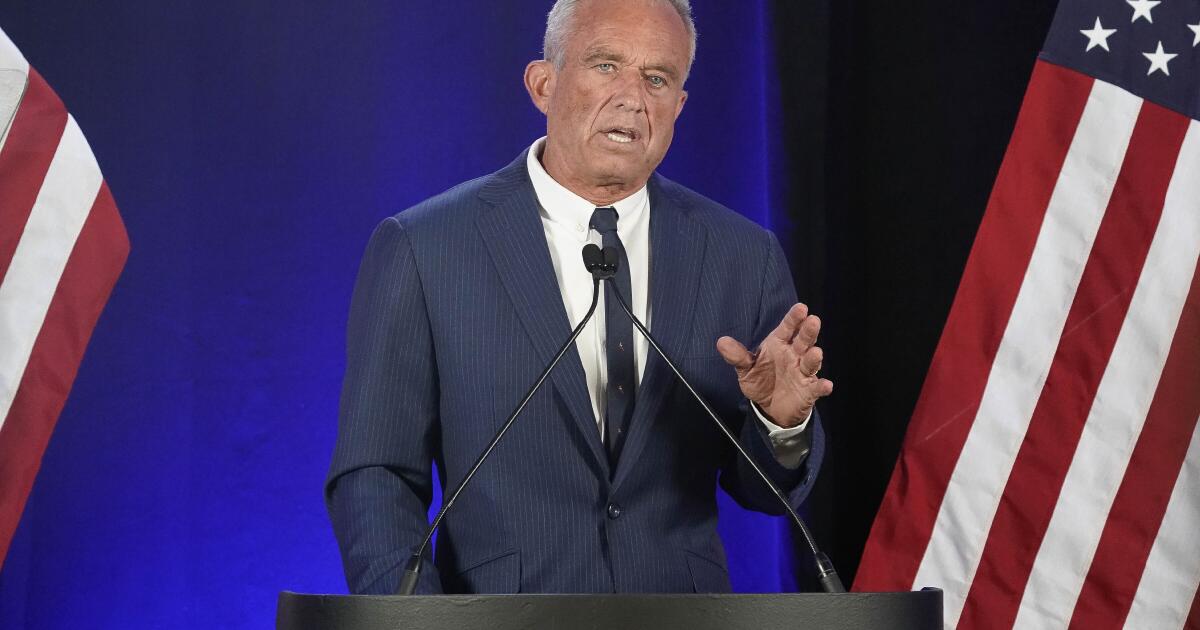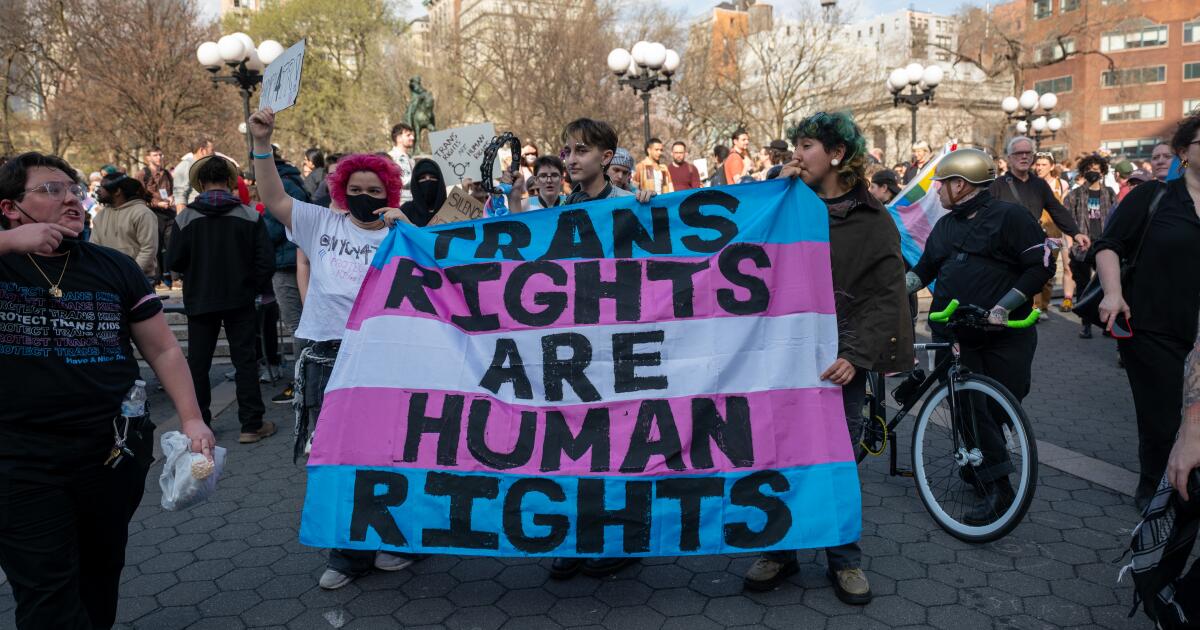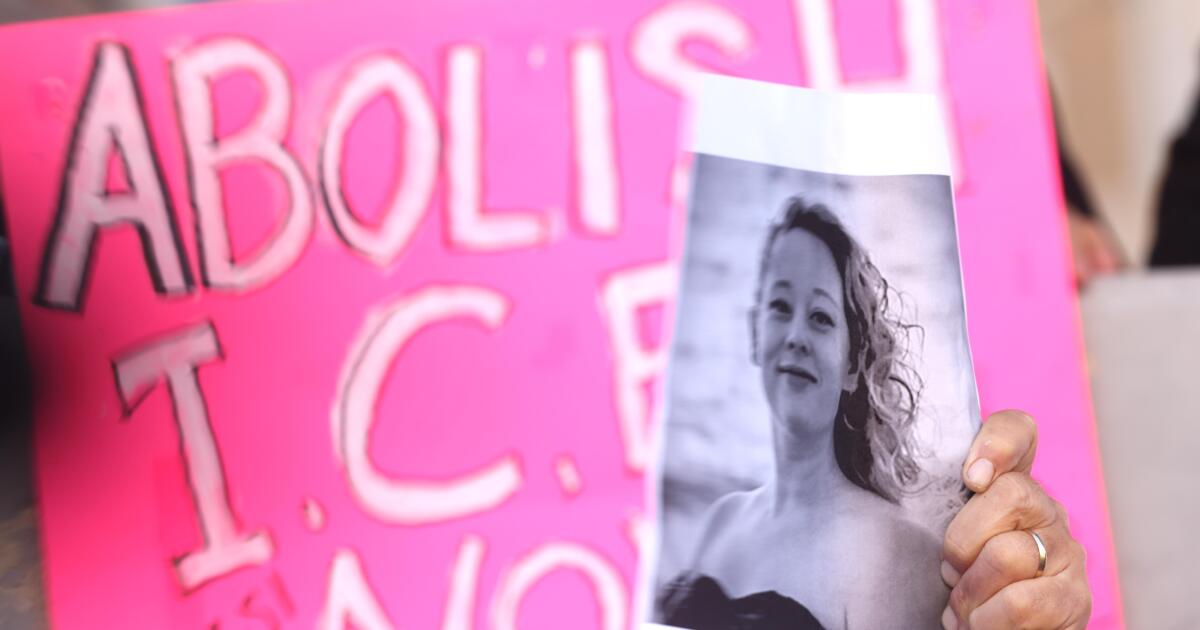San Francisco voters made national headlines in the March primary election by adopting two ballot measures that until recently would have been unthinkable in their famously liberal city. Measures to expand police powers and require drug testing for welfare recipients were largely funded by tech and real estate billionaires, and their passage was driven by widespread frustration with homelessness, drug addiction and car thefts.
But most importantly, voters said “no” to an attempt by the same movement to remove two San Francisco Superior Court judges for allegedly being too “soft on crime.”
The challenges by Judges Michael Isaku Begert, appointed by Republican Gov. Arnold Schwarzenegger, and Patrick Thompson, appointed by Democratic Gov. Gavin Newsom, were ominous. This was not because his opponents could have brought about an ideological change in the court, but because his removal would have politicized the court and undermined its independence.
There is an inherent tension between judges' accountability to the public and their ability to issue rulings based solely on the law and facts of each case, free of popular sentiment or political pressure.
In California, superior court judges can be challenged at the polls every six years. The system is a check on officials who perform poorly, for example by failing to show up for hearings or treating litigants disrespectfully.
But the system can also be misused. The same wealthy interests that want to influence the outcome of a ballot measure like the two recent ones in San Francisco can also try to staff the court with judges who favor the donor's business or political interests, or punish those who do not. . A judiciary that responds to the public mood because judges fear electoral challenges has given up its adherence to the law.
This is a problem regardless of whether the challenge to competent judges comes from the right or the left. In 2018, for example, four deputy public defenders challenged four San Francisco judges appointed by Republican governors. That would have been a big change on a relatively small court of 31 justices, and could easily have caused all the justices, impeached or not, to consider the political ramifications of their rulings. Voters wisely kept their sitting judges in office.
It was a different case in Santa Clara County, where voters in 2019 ousted Judge Aaron Persky because of their displeasure over the sentence imposed on Stanford swimmer Brock Turner after he was convicted of sexual assault. The six-month sentence was surprisingly lax, but within the law at the time. The dismissal put public outrage before the judge's individualized determination taking into account the facts of the case and the law.
The same year, Democratic challengers swept all Republican judges in Harris County, Texas, where (unlike California) judicial candidates run in partisan elections and tout their party affiliations. Harris County is dominated by Houston, which is more liberal than the rest of the state.
To many on the left, a Democratic takeover of the courts in deeply red Texas may seem like a triumph. But the same popular moods that politicize the courts in one sense could easily move in the opposite direction at another time or place. That's exactly how it's supposed to work in elections for mayor, sheriff or district attorney. It's not what it should be for the courts.
This year in Los Angeles County, Deputy Public Defender Kimberly Repecka challenged Judge Emily Theresa Spear and currently has a slight lead. Repecka touts progressive principles and for that reason she may be preferred by some Los Angeles voters to Spear, a former prosecutor. The Times endorsed Repecka, not because of politics or ideology, but because the judge failed to meet an acceptable standard of performance with excessive unauthorized absences from her courtroom.
It was the first time The Times had backed a challenge by a sitting judge since 1992. That year, the editorial board called for Judge Joyce Karlin's defeat over the probation sentence for Soon Ja Du, the Korean-American grocer who shot Latasha Harlins. , a 15-year-old black girl, dies in her store. The murder was widely seen as a spark for the deadly and destructive riots of that year.
The board wrote at the time that Karlin's “shockingly inept” sentencing reflected “a lack of justice that impaired his ability to serve as an impartial judge.” It's a reminder that it can be difficult to distinguish between simply disagreeing with a judge's ruling and seeing it as evidence of professional ineptitude. The editorial board's principle on the question of judicial independence has not changed in three decades, but the way it applies it, much like the way a judge might apply a sentencing law, has evolved.
Voters re-elected Karlin.
“Justice is not a popularity contest,” Karlin wrote in response to the Times’ endorsement against him. “[T]The law is not subject to bidding between politicians, pressure groups and thugs who think that disagreement means that one has the right to destroy the entire judicial system.
San Francisco voters may have curbed the politicization of the courts this year. But absent a change in the way we select and remove judges, it's unlikely to go away anytime soon.












